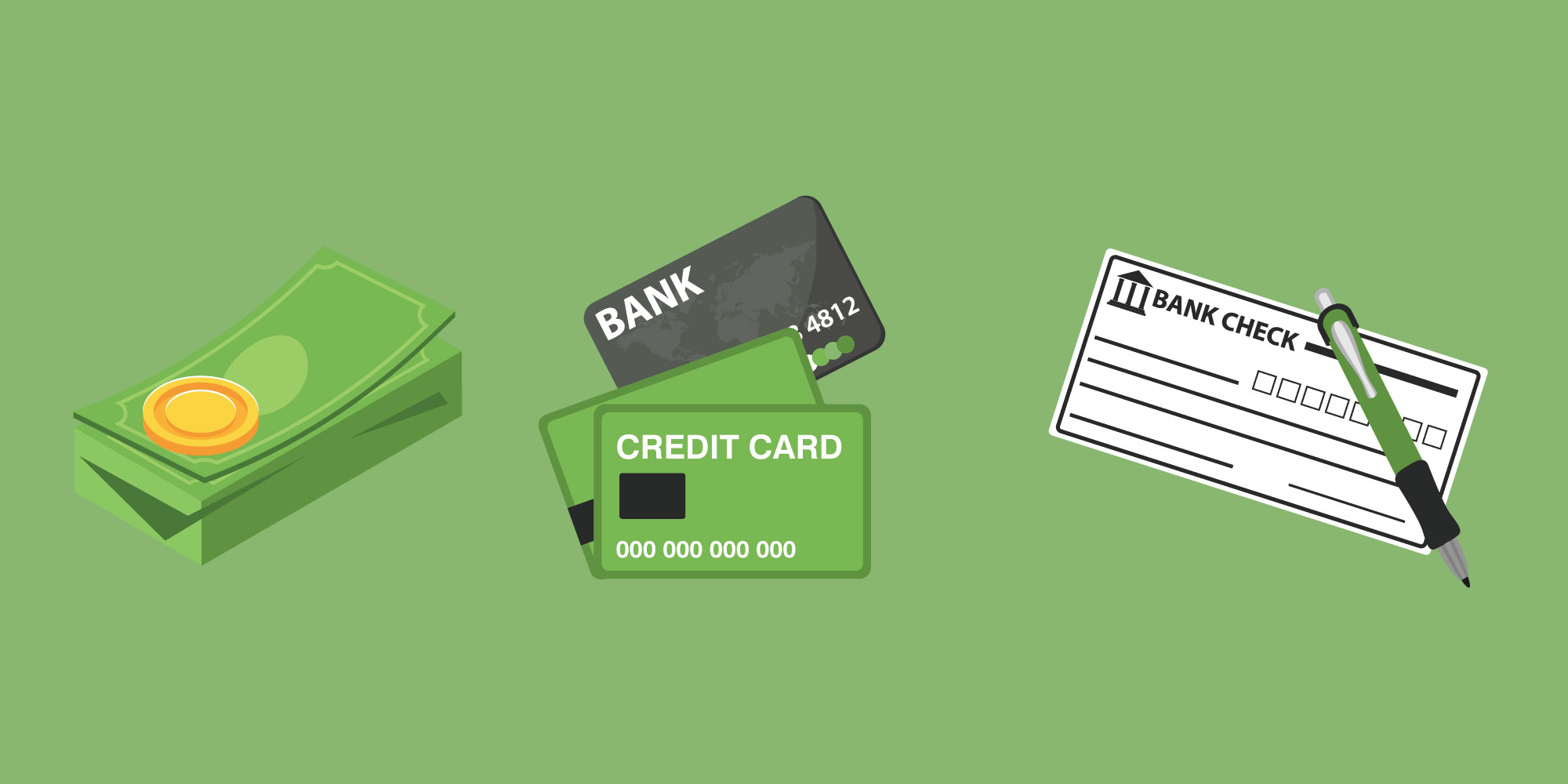Almost every American adult is familiar with the obligatory squiggle of your name to complete a transaction. But how secure are those signatures in helping us avoid fraudulent transactions and purchases? Not very. Putting aside all of the hassles of writing your name with a dead pen, getting something that looks somewhat like your name on an electronic signature pad, or having to deal with signatures when traveling abroad in places that are used to chip and PIN, those signatures just don’t do a good job of keeping us safe, and in reality have not been effective for a long time.
If you missed the news, all of the major credit card brands are dropping a signature requirement for North American purchases. Coming on the heels of the upgrade to EMV chips, the card issuers are relying on far better security requirements today. But how does this impact you as a business owner? Let’s take a look at what the end of credit card signatures means for you.
Table of Contents
ToggleCredit card signatures expiration date
Each of the major four card brands in the United States, Visa, MasterCard, American Express, and Discover, is implementing a change to credit card signatures effective April 2018. Starting that day, each card company is adding new rules or relaxing current rules for signatures. They may not go away instantly or all at once, but starting in April, you can expect far fewer credit card signatures at checkout.
According to Visa, fraud at EMV enabled merchants has fallen two-thirds since the security chip standard went live in the United States. Other countries had been using these security chips for over a decade, so we were far behind the times. However, while most other countries use a chip and PIN checkout similar to how we checkout with debit card PIN numbers today, the card companies and banks opted for chip and signature to make the transition to security chip cards easier and smoother.
Two years later, and the chips are doing their job at point-of-sale purchases where the card is present. They can’t do much for fraud online, but for offline fraud, the chip was a great step forward. Now, it seems the time has come to say goodbye to credit card signatures as our next phase of credit card processing in the United States.
Different rules for different cards
Visa is the biggest of the card brands. To say credit card signatures are going away completely in April 2018 would be a little misleading. According to a blog post from Visa at its official Tumblr page, the signatures won’t be going away everywhere, and merchants still have some leeway to decide for themselves whether or not to make customers sign. Only merchants with an active chip reading terminal are exempt from signatures, so stores and checkouts that don’t take chips will still need to take signatures for most purchases.
This means that at grocery stores, gas stations, drug stores, and other large chains, you can expect the signature to effectively vanish on the April effective date. However, smaller businesses that have not spent the money to upgrade their card reading terminals to chip readers may still continue to ask for signatures for a while yet. New terminals run up to $1,000, so many small businesses won’t rush out to buy one, particularly if they don’t take many credit cards.
Why merchants should upgrade to EMV chip readers ASAP
While that $500-$1,000 expense isn’t exciting, a new card reader that takes chip enabled cards is probably worth the cost. On October 1, 2015, the liability for card fraud shifted from the banks to the merchants unless the merchant is using an EMV chip reader. The liability shift is a significant occasion for any business that accepts credit cards in person. Starting on that date, any fraud caused by the business has to be paid for by the business if they don’t have the updated chip card reader. Think of the newer chip card terminals as an insurance policy against paying for fraud that originated at your business’s card processing system.
Because Visa is still requiring signatures for some merchants that don’t have the chip reading terminals, your business is not getting the benefit of the end of credit card signatures unless you have a chip reader, which you should anyway to protect your customers from fraud and yourself from paying.
Join the next century of credit card processing
The real future of card payments likely involves no card at all, and instead relies on a digital wallet with a system like Android Pay or Apple Pay, but in the meantime customers continue to use plastic credit cards to make everyday purchases. Thankfully, starting soon, that checkout process will get a little easier thanks to the end of credit card signatures.















